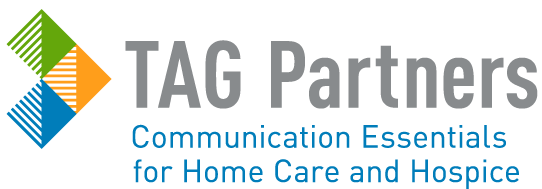Give the social workers in your community their time in the sun this March by observing National Professional Social Work Month. You can start by volunteering your agency’s time to honor the social workers in your community. Visit the website of the National Association of Social Workers for great ideas for promoting your company and acknowledge these wonderful caregivers. Here are a few more for you to consider:
- Recognize the social workers on your staff and those who work closely with your agency. For your staff members, publicly thank them on your website and offer them a token of your thanks as the month gets started.
- Visit the association's Social Work Month page to help you celebrate the observance. It includes topics such as advocacy and events. Use this as a resource when planning your participation in this year’s observance.
- Volunteer for a class discussion group at a local adult day care on the benefits social workers can bring to Parkinson’s patients in your community. Here's a great resource to find talking points as you prepare.
- Dedicate one of your agency’s bulletin boards to honoring social workers this month. Decorate it with images depicting the work these important professionals do.
- Deliver thank-you cards and stickers to social workers who work with in your community, making sure to call on those that work in your local hospital discharge offices.
- Become an advocate for social workers. Place an item on your municipal government’s agenda seeking to proclaim March 2018 as Social Work Month in your town. Here's a great template to modify for your town.
- Host a drop-in lunch on a Friday in March for your community’s social workers. A representative of your agency should take a few minutes to officially express gratitude to these professionals.


